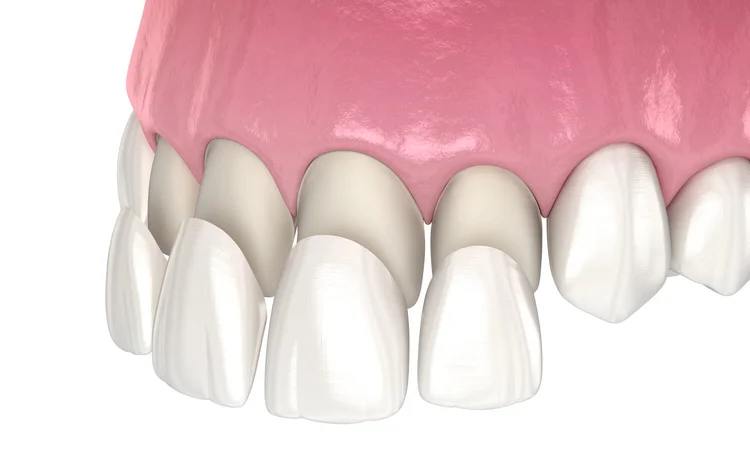One of the most dramatic dental treatments is porcelain veneers, a complex procedure in which natural dental material is removed from the surface of the tooth and then replaced with a thin porcelain shell that bonds strongly and permanently in front of the tooth.
Consider the advantages:
Veneers can correct many of the natural imperfections in your teeth that could take months to change through other methods, such as braces. Short, stubby teeth, wavy surfaces, gaps between teeth, uneven lengths, can all be made less of a problem with a skillfully applied set of veneers. Visit jacobsondental.com.au/
Image source: Google
Veneers are man-made materials that never discolor. So not only can veneers instantly create teeth in any desired shade of whiteness, unlike your natural teeth, the veneer material will never stain, darken, or be affected by tooth decay.
However, before you jump into investing your life savings in a set of shiny new veneers, here are a few things to consider:
Are veneers permanent?
In a word, no. Long lasting, to be sure, but even with the most modern materials and applications, the typical lifespan of a veneer is around 10 years. Even more concerning: Depending on lifestyle and habits, veneers can chip, break, or come off the tooth entirely at various (and most inconvenient) times, requiring expensive follow-up treatments at various intervals for the rest of your life. life.
Since its inception as a means of cosmetic restoration in the 1980s, the methods and materials for applying porcelain veneers have improved substantially. Many factors can influence the longevity of veneers, such as: the effectiveness of the bond to the tooth, the patient's bite, and inappropriate use of the teeth (such as biting on package labels or hard materials).
If applied correctly and skillfully and properly protected, a set of veneers could last much longer than the original estimate of 10 years. And as newer and better adhesives come along, who knows how long today's new veneers might survive?
But realistically, if you plan to buy veneers, you should also plan for eventual maintenance and replacement of even the best set of veneers.
